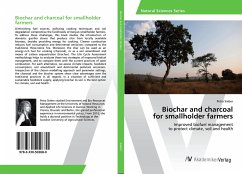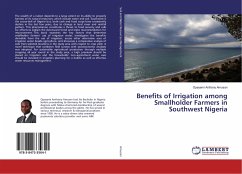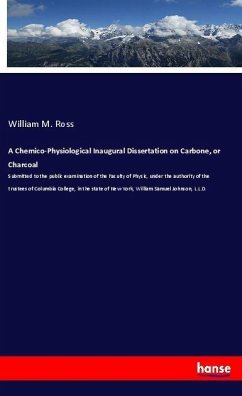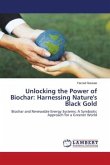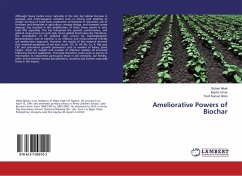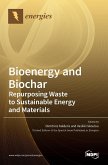Diminishing fuel sources, polluting cooking techniques and soil degradation compromise the livelihoods of Kenyan smallholder farmers. To address these challenges, this book studies the introduction of domestic gasifier stoves that produce char from locally available biomass, besides providing energy for cooking. Cleaner combustion reduces fuel consumption and detrimental emissions compared to the traditional three-stone fire. Moreover, the char can be used as an energy-rich fuel for cooking (charcoal), or as a soil amendment and means of carbon sequestration (biochar). The Life Cycle Assessment methodology helps to evaluate these two strategies of improved biofuel management, and to compare them with the current practices of open combustion. For each alternative, we assess climate impacts, feedstock consumption, soil amendment and detrimental pollutant emissions. Irrespective of the chosen modelling approach and parameter settings, the charcoal and the biochar system show clear advantages over the traditional practices in all regards. In a situation of sufficient and sustainable feedstock supply, applying biochar to soil is the best option for climate, soil and health.
Bitte wählen Sie Ihr Anliegen aus.
Rechnungen
Retourenschein anfordern
Bestellstatus
Storno

